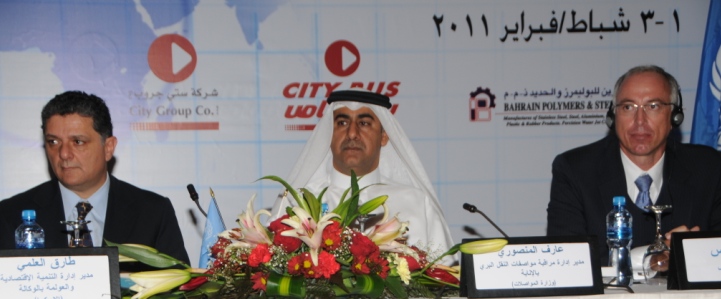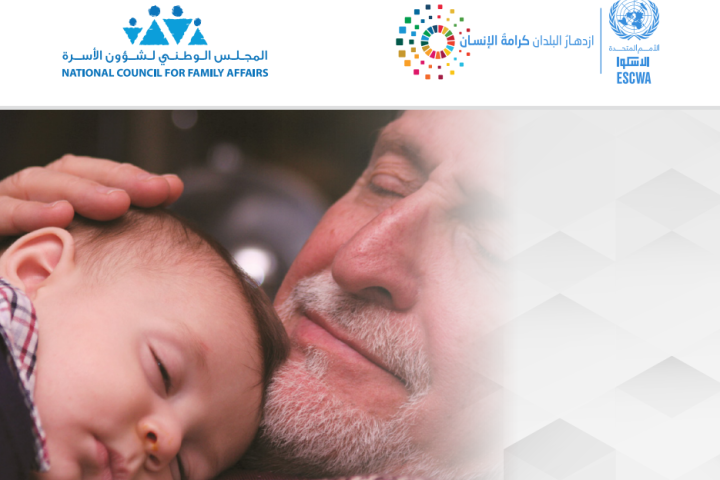Stringent laws are required to deal with violators of traffic rules and regulations to improve road safety in the ESCWA region, said experts and delegates attending a meeting of the regional commission on “Financing Transport Infrastructure and Road Safety in the ESCWA region,” held earlier this month in Bahrain. Delegates called on ESCWA member countries that have not yet joined the Integrated Transport System in the Arab Mashreq (ITSAM) to do so in order to achieve regional integration.
Co-organized with the Bahrain Ministry of Transportation, the meeting sought to inform member countries of what has been implemented in transport infrastructure projects through partnerships with the public and private financial sector in developed countries and in ESCWA member states. It also aimed at encouraging financial institutions and development funds to finance and invest in transport infrastructure projects.
Participants also raised the main issue of road safety, which they highlighted through discussions on required steps in the next 10 years to improve that safety, implementation of the 2009 Moscow Declaration, and the most suitable action plans to achieve road safety in the region.
The meeting was an opportunity to exchange ideas, said the participants, who considered it a platform enabling the entire region to create an environment to work towards solving the region’s infrastructure and road safety problems. The participation of financing actors like Kuwait Fund for Arab Economic Development and the Islamic Development Bank enriched the event by highlighting the obstacles faced in funding mega projects and recommendations to crack those obstacles, according to local Bahraini press reports.
Among participants were the Global Road Safety Partnership (GRSP), the World Bank, the Arab Union for Forwarders and Logistics, Bahrain University, Emirates Driving Company, Citigroup and some local Bahraini companies.
At the end of the meeting, participants called on public and private sectors in member countries to move ahead in their partnerships in order to begin implementing provisions in international transport agreements, namely those involving infrastructure. Regional development banks and funds were asked to lend their support to ensure sufficient financial resources required to complete regional transport projects in the coming 10 years.




